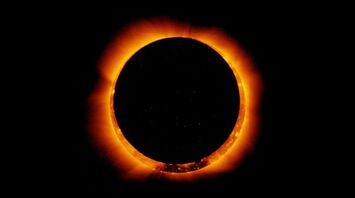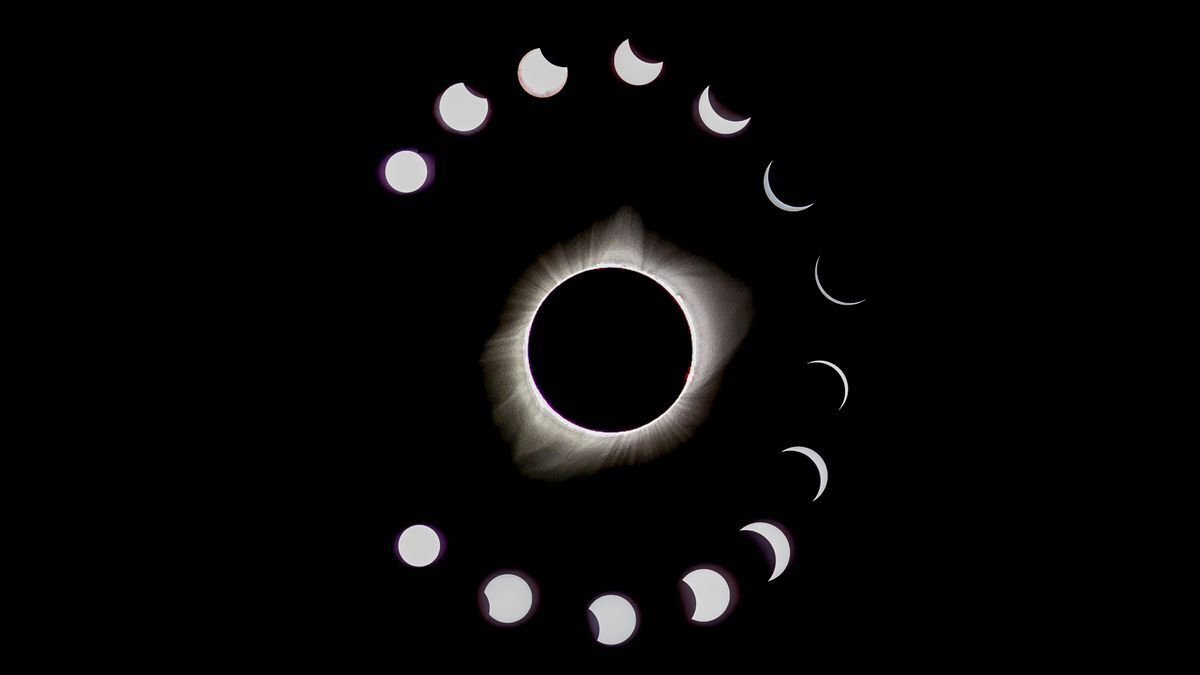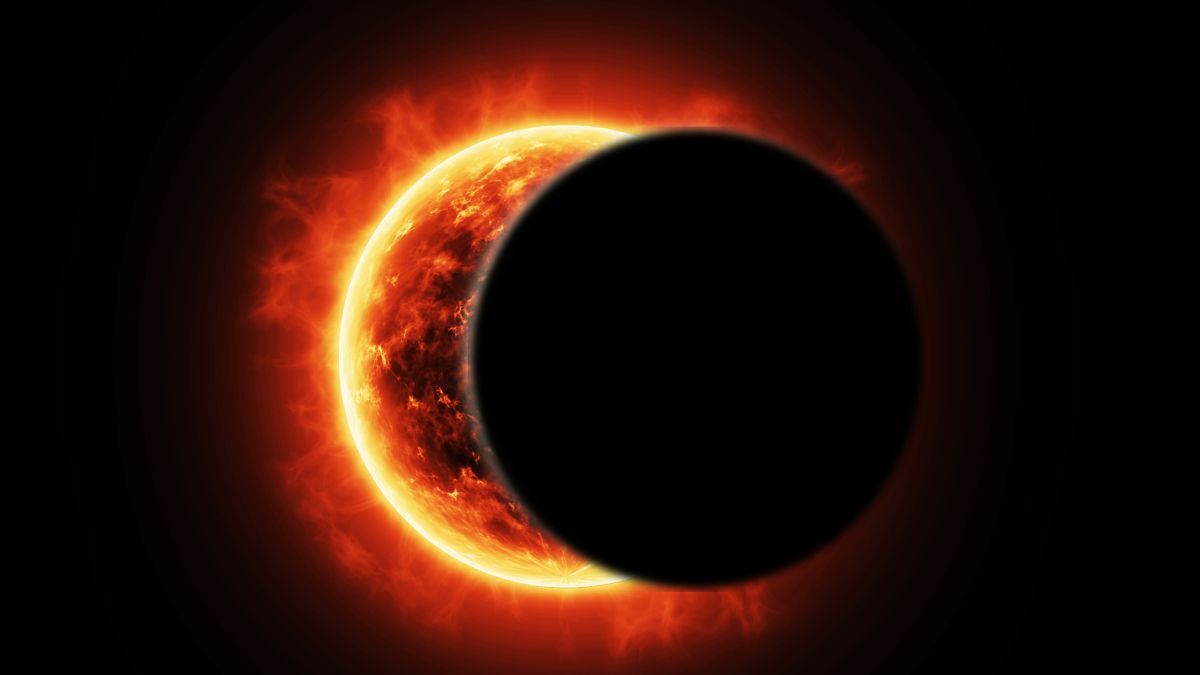Celestial Phenomenon and Cultural Beliefs About Solar Eclipses

A solar eclipse occurs when the Moon passes between the Earth and the Sun, obscuring the Sun either completely or partially. This striking event, which has fascinated humanity for millennia, is steeped in myths and superstitions. Here are common superstitions and beliefs according to BDN.
Greek and Norse Mythology
The term "eclipse" originates from Latin, meaning to disappear or abandon. Ancient Greeks saw eclipses as indicators of the gods' displeasure and abandonment of humanity. Similarly, Norse mythology describes the Sun being chased daily by a wolf named Sköll, while its brother Hati chases the Moon, leading to occasional eclipses.

Batammaliba Beliefs
Among the Batammaliba people of Togo and Benin, an eclipse signifies a battle deserving resolution. They leverage this celestial event to heal community discord, mirroring the Sun and Moon’s purported reconciliation.
Lively Myths and Superstitions
Some believe that food prepared during an eclipse becomes poisoned due to ultra-strong UV rays – though scientists assure no additional potency to regular UV rays exists. Additionally, some think a birthday falling on an eclipse or six months thereafter is a bad omen.
Worldwide Traditions and Explanations
Across cultures, eclipses were mythically attributed to various creatures. In Vietnam, a giant frog was thought to devour the Sun, while ancient Chinese believed a celestial dragon consumed it. Hindus recount that the deity Rahu, after being decapitated by the gods, swallowed the Sun, causing an eclipse. Koreans credit mythical dogs for attempting to steal the Sun away.

Native American traditions, such as those of the Pomo, tell of a bear biting the Sun, causing an eclipse. Similarly, Inuit folklore depicts a solar eclipse as a quarrel between the Sun goddess Malina and the Moon god Anningan.
In modern times, misconceptions persist, with some fearing that eclipses signify dire omens, leading pregnant women and children to remain indoors. In parts of India, fasting occurs to prevent purportedly tainted food consumption. Conversely, Italian lore asserts that flowers planted during an eclipse bloom more vibrantly.
Scientific Perspective
Despite ongoing myths, scientists categorically debunk any claims connecting solar eclipses to adverse human health or behavior impacts. They do, however, emphasize the necessity of using proper eye protection when observing an eclipse.
Read also:



















